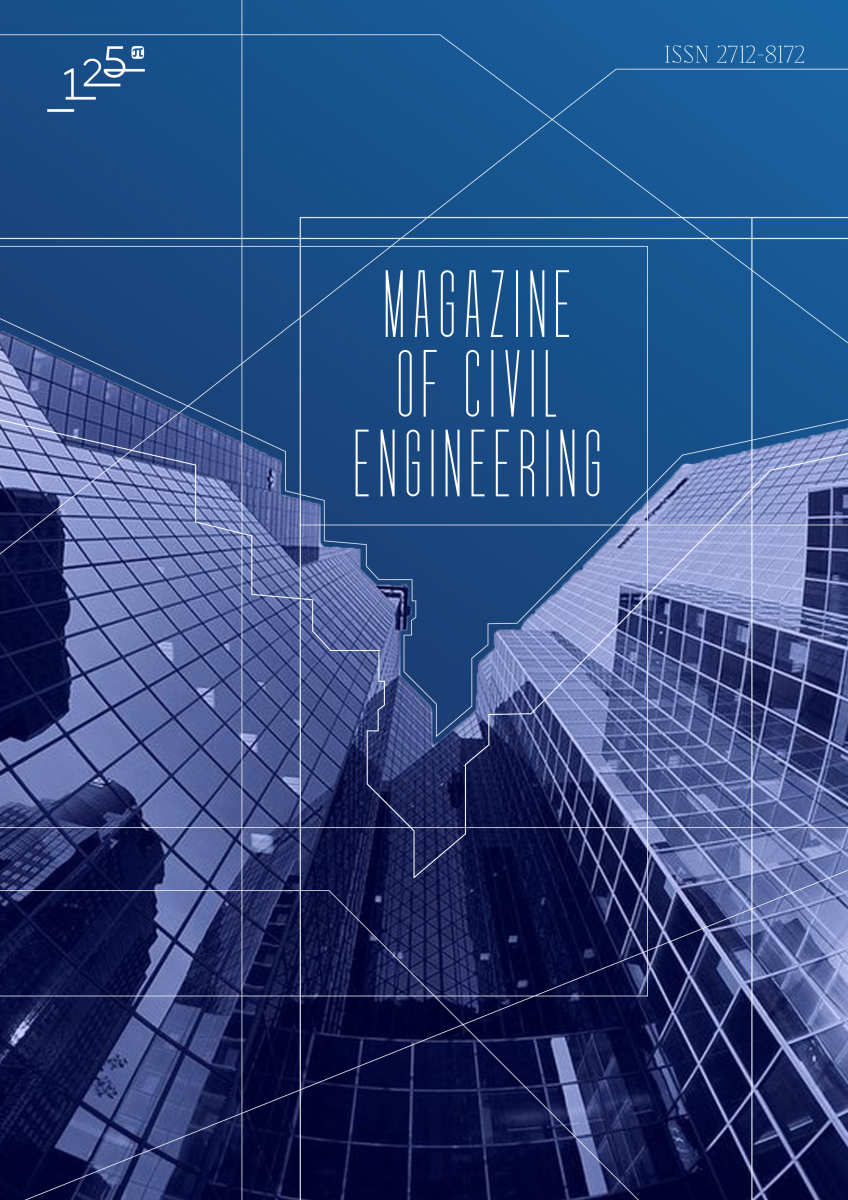Temperature effects on the design parameters of a geothermal pile
In geotechnical engineering, geostructures with thermo-active functions establish direct thermal exchange between the ground and buildings. They can transfer energy from or into the ground to heat or cool a building. However, adapting foundation piles, completely or in part, to produce energy piles results in heat exchange with the soil, which changes the temperature of the soil and could thereby and affects the geotechnical properties and load bearing capacity of the geostructure. Most calculations of the bearing capacities of deep foundations conducted in France are currently based on in-situ testing results using a pressuremeter. Using finite element method to model the pressuremetric behaviour of a compacted soil subjected to thermo-mechanical variations is the main motivation for this work. In this study, several pressuremeter tests were conducted on a compacted illitic soil in a laboratory tank at temperatures between 1° and 40°C. The impact of temperature variation on the limit pressure (Pl), the creep pressure (Pf) and the Ménard pressuremeter modulus (EM) were determined. The results showed a significant decrease for both limit pressure (Pl) and creep pressure (Pf) with the increase of temperature. Numerical simulations of these tests were used to calibrate a bilinear constitutive model, taking into account temperature effects on soil compressibility within a coupled thermo-mechanical framework. Thereafter, a case study of a heat exchanger pile was simulated using the proposed approach.


